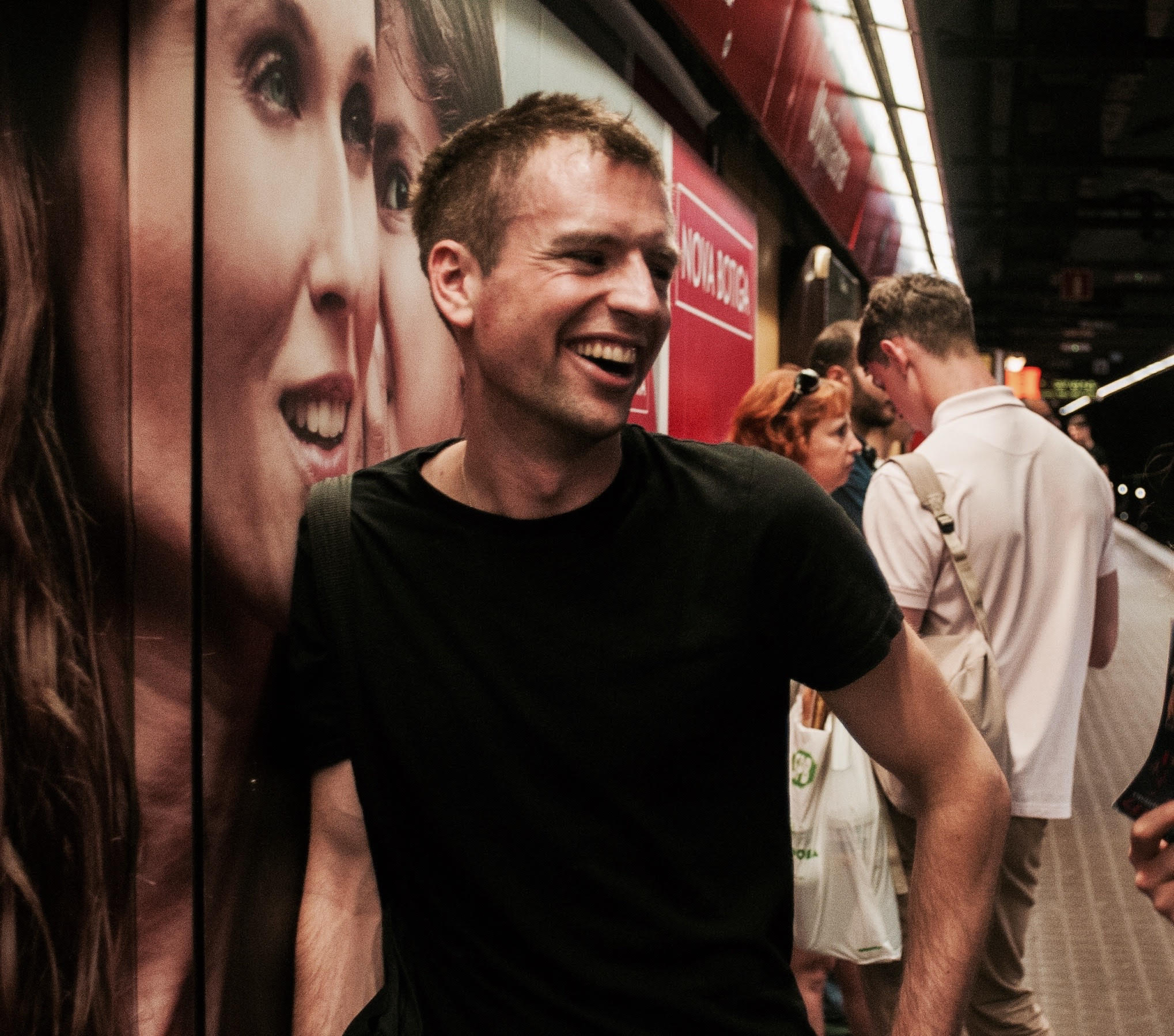Tom Adams
 How did you come to be an academic?
How did you come to be an academic?
By accident. I came to university to leave and become a lawyer. In the end I never left. The crucial turning point for me was during my masters. Friends were interviewing for scholarships to go to the bar and I thought I ought to do the same. When I turned up for my interview I was asked a number of questions about the area of law in which I had suggested I might practice, about which I knew nothing. My explanation of this fact to my somewhat flummoxed interviewers was that I had been busy reading books in legal theory. Unsurprisingly they didn’t give me the scholarship. More importantly I had realised what I wanted to do with my life.
What is your research about?
I work in general jurisprudence, the area of legal philosophy which deals with questions concerning the nature of law, as well as on the theory of public law, so the theory of constitutional and administrative law. A theme which unites my writing in both areas is the way in which law interacts with power. Law itself is a form of power over people—it imposes obligations and dominates over other forms of social control or regulation—but it is also a tool which can be used to regulate and constrain power. Crucial both to the ideal of the rule of law and the modern conception of judicial review is the idea of government under law. So understanding how the law can give with one hand and take with the other is a central aspect of my work.
Any specific claims on the relationship between power and the law that you have defended?
I’ve recently written about the ways in which legal systems must exert a certain degree of control over their subjects in order to exist. This is known, in the jargon, as the efficacy of law. I have also tried to use the tensions between the notions of law as controlling and law as empowering to shine some light on the old debates around the justification of judicial review.
What do you find most exciting about your research?
Probably that it speaks to a wide range of issues outside of the direct purview of the law. Understanding what it means for the law to exist as an institutionalised mechanism of control sheds light on much more about the social world: what it means for something to be a social construct, for example, or about the centrality of language and linguistic categories—indispensable as they are to the creation of the law—to our broader worldview.
What are some big trends in Jurisprudence these days and how do you feel about them?
The big recent trend in general jurisprudence is a shift towards thinking of issues concerning the nature of law in increasingly technical terms. For example, a question that has received a lot of treatment in the literature recently is whether social facts metaphysically determine legal facts. Not knowing what it is for something to metaphysically determine something else, nor being entirely sure what a social fact or legal fact is, I am not sure how to answer the question. I’m also suspicious that this way of posing questions about law allows those doing so to sneak in assumptions or attitudes concerning the subject about which we ought to be wary, but cannot quite pin down. An easier question is whether law is a human construct to which my answer is definitely yes.
What would you like to see change in academia (at large or your field of research)?
Less dominance by a select few institutions (mine included), and more openness to those who have the interest and talent to do good work but who haven’t yet had the platform. Law as a discipline is making real inroads into the latter problem but legal philosophy still has some way to go. Recently, I’m pleased to report, there have been some encouraging signs.
What are some of your non-academic interests, pursuits, or hobbies?
I like listening to music and fooling myself into thinking I’d make a good film reviewer.
If you had to pick a desert island book (academic or not), music album, or film, which one would it be?
Exile On Main Street by the Rolling Stones.
This interview was conducted in April 2019 by Carolina Flores (St. Hugh's, MMathPhil, 2016) who is a philosopher working in epistemology and social philosophy.
